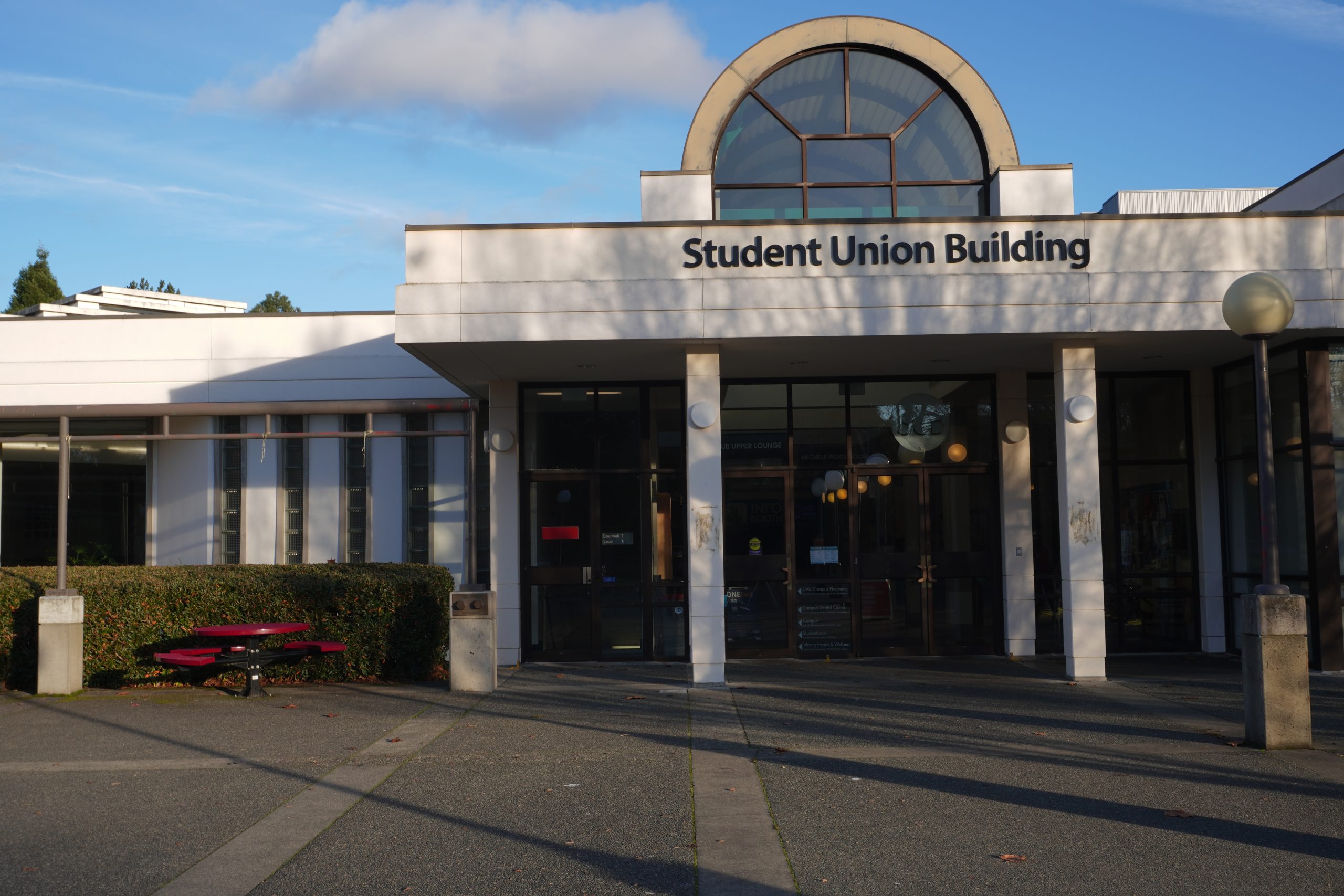The main goal of Hong Kong’s Umbrella Revolution is to permit the people of Hong Kong to nominate and elect their own representatives, and to stand for election themselves. It has already been a month since the revolution began, and, as the government cancels its meeting with the students, the number of news broadcasts related to protests has greatly decreased. The end of the Umbrella Revolution is approaching; furthermore, the Hong Kong government announced that the police will clear the streets soon. It would seem that people are slowly losing their interest in this issue.
Ever since the revolution started, a question has frequently come up: what is the true significance of the Umbrella Revolution? Some say that it enables citizens to gradually realize the importance of democracy, regardless of how successful the protests are. Others counter that the revolution will ultimately be meaningless if citizens don’t obtain the suffrage they seek. However, my views are slightly different and more pessimistic. In my opinion, the significance of this event is that it allows Hong Kong citizens to experience a glimpse of what Hong Kong’s future might be as the region gradually aligns itself to the mainland. This event also allows us to foresee what the next generation will become under the current political structures.
The horrific side of the government of China is that it knocks you out without you noticing. For example, immigration laws for people from mainland China are far from strict, causing the numbers of mainland Chinese people to outweigh the local Hong Kong population.
Beijing’s cultural invasion tactics include replacing traditional Chinese characters with simplified versions, and encouraging residents to speak Mandarin over Cantonese. Even Hong Kong’s entertainment businesses are being evaluated or even restricted in some form by the government of China. All of these changes foreshadow what Hong Kong could eventually become after the expiration of the agreement which guarantees Hong Kong’s way of life for 50 years after the 1997 handover. Despite the promise given by the Chinese government, the ironic truth is that the city has already undergone changes without its citizens knowing.
Hong Kong is undeniably a part of China, but does that mean it has no chance for democracy? It will depend on the inner strength of the protesters, and whether or not the will to obtain democracy is strong enough to get the support from the people in mainland China.
Aaron Ng is a member of the UVic Hong Kong Students Association.







